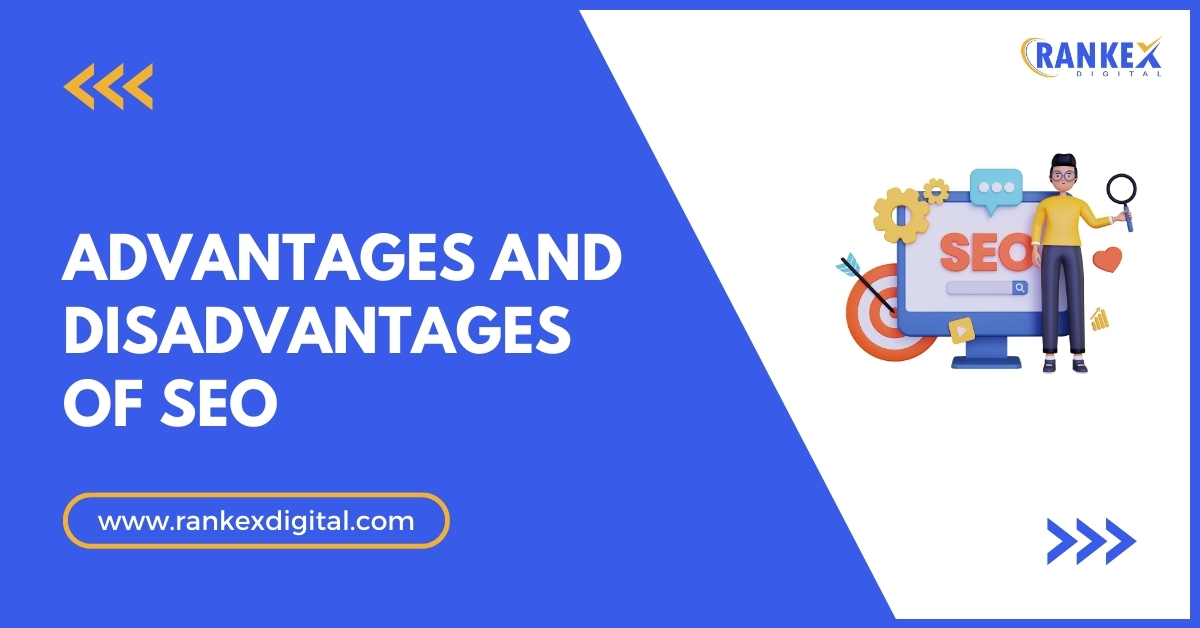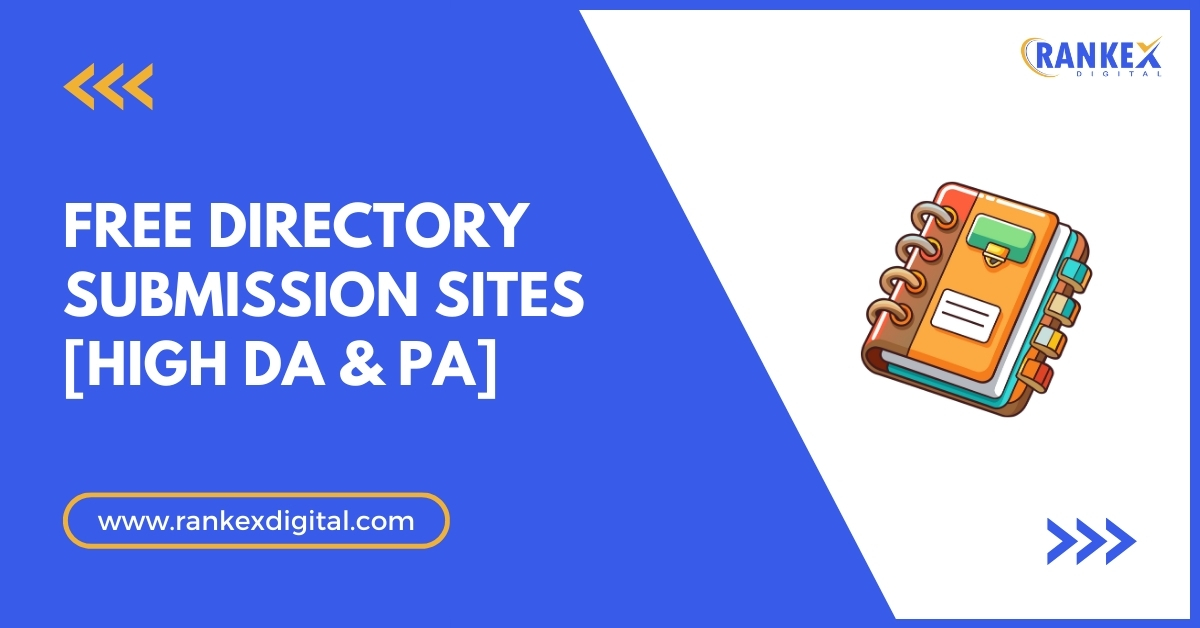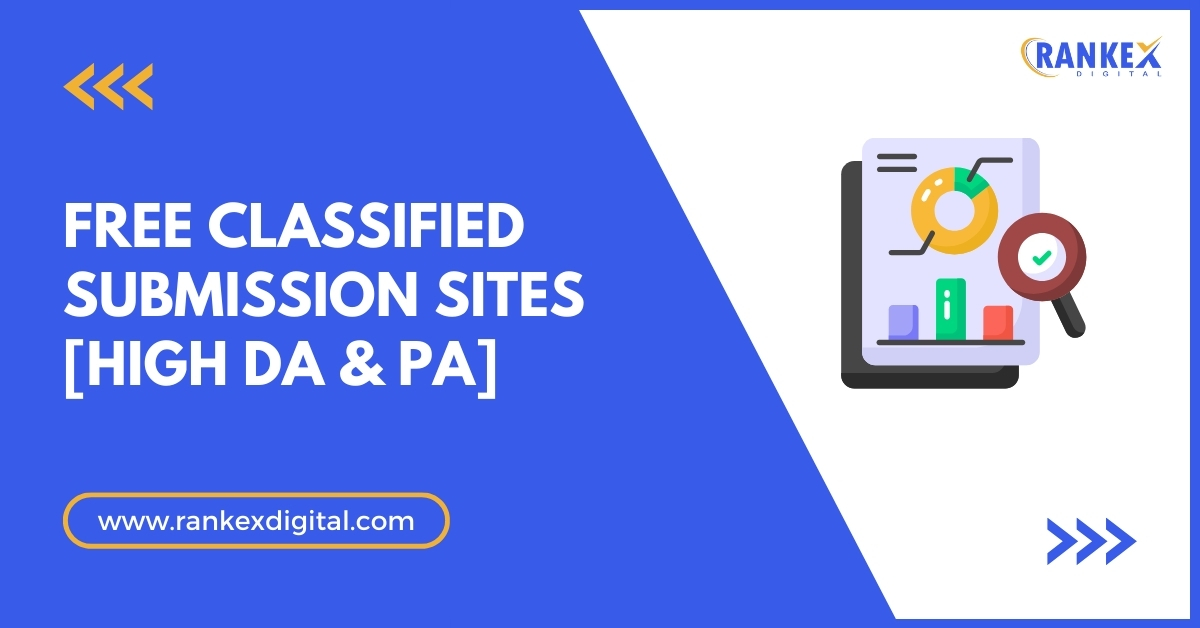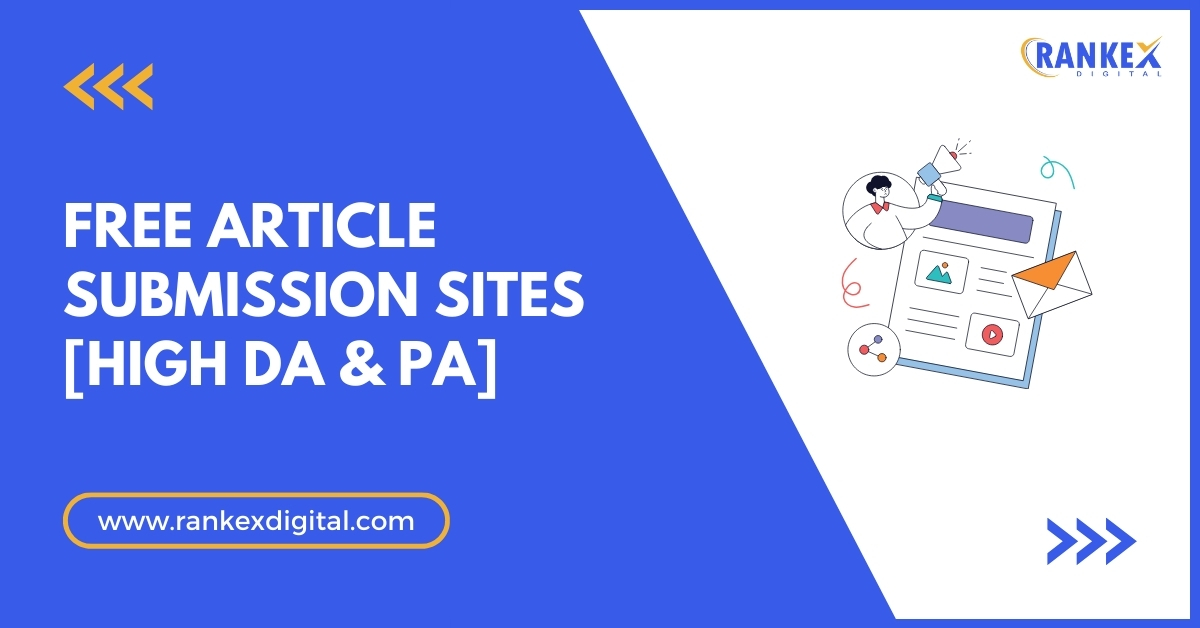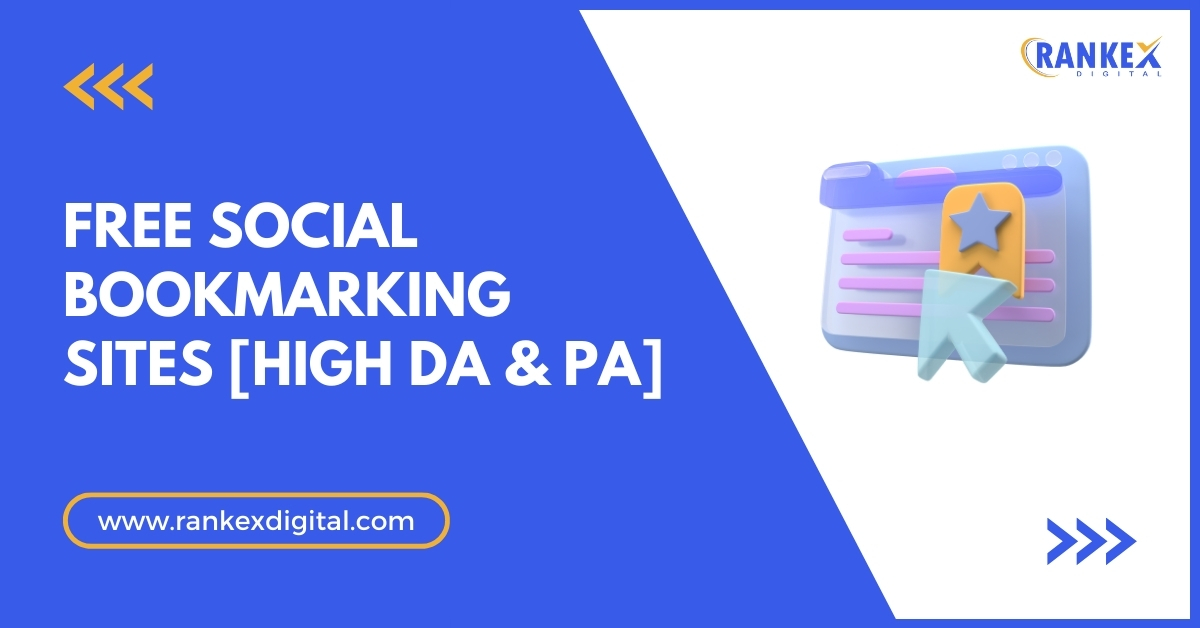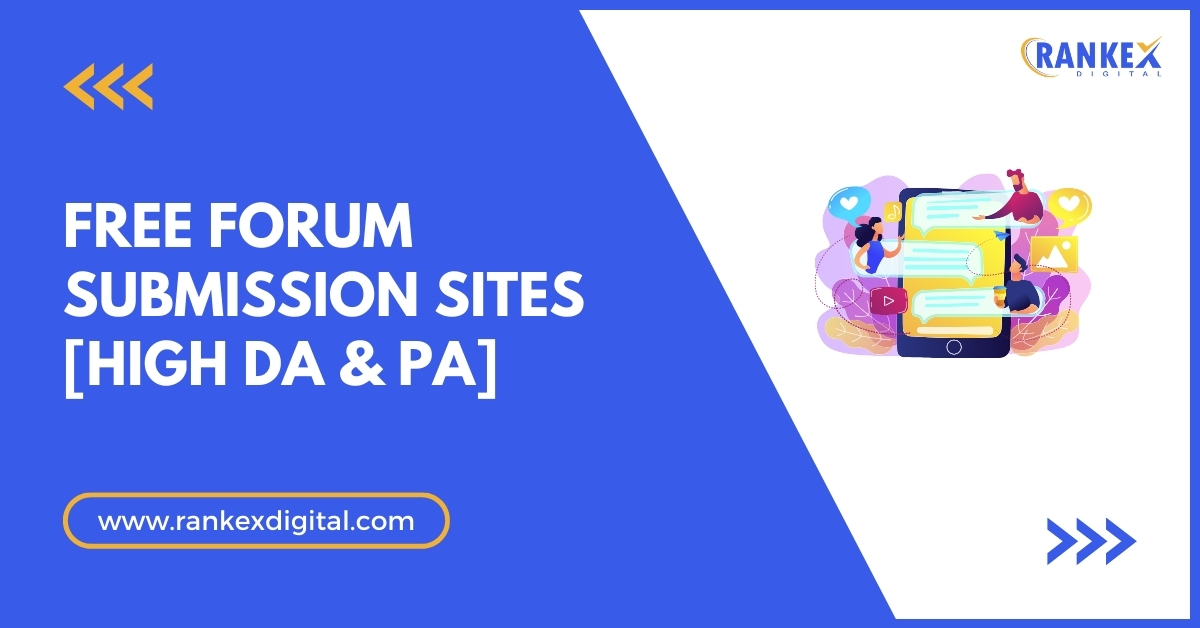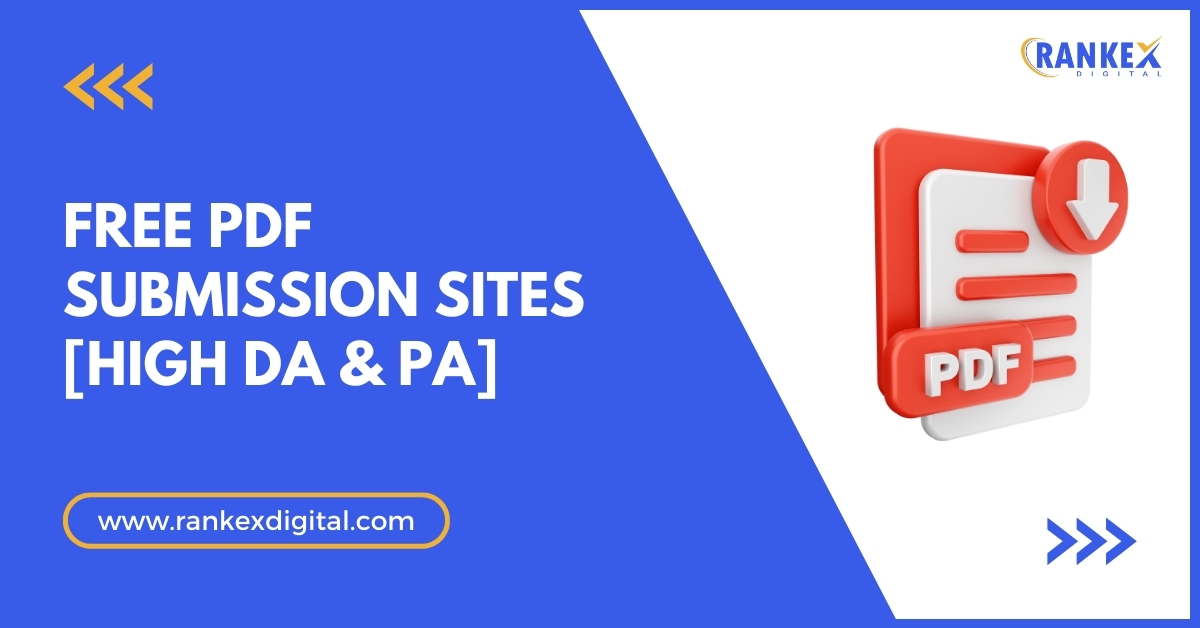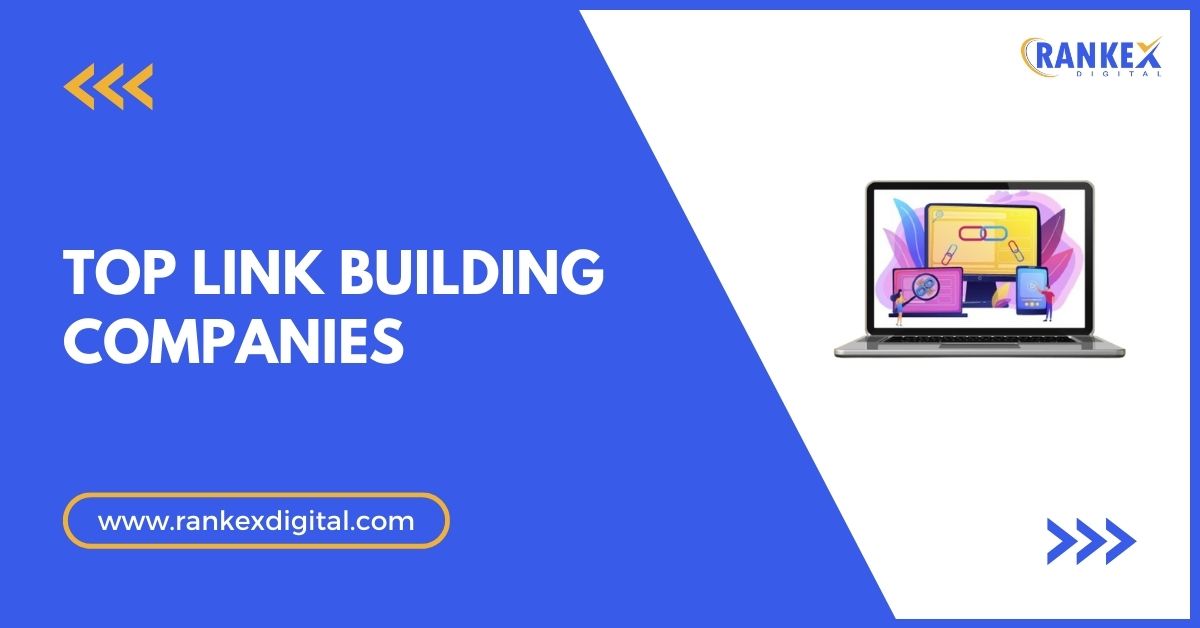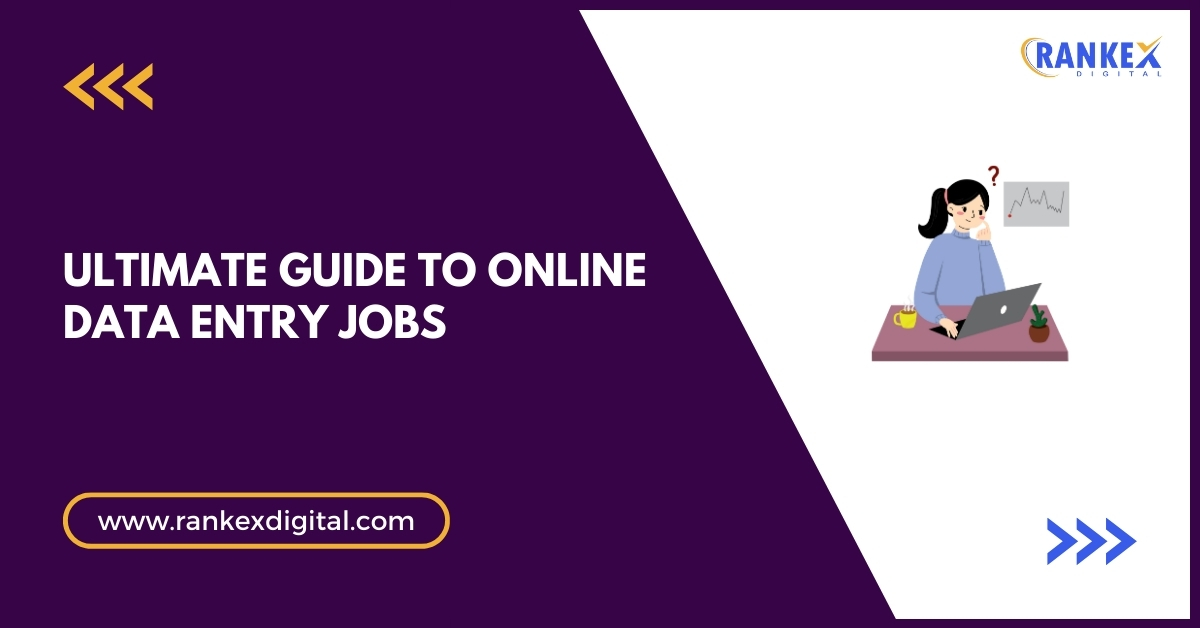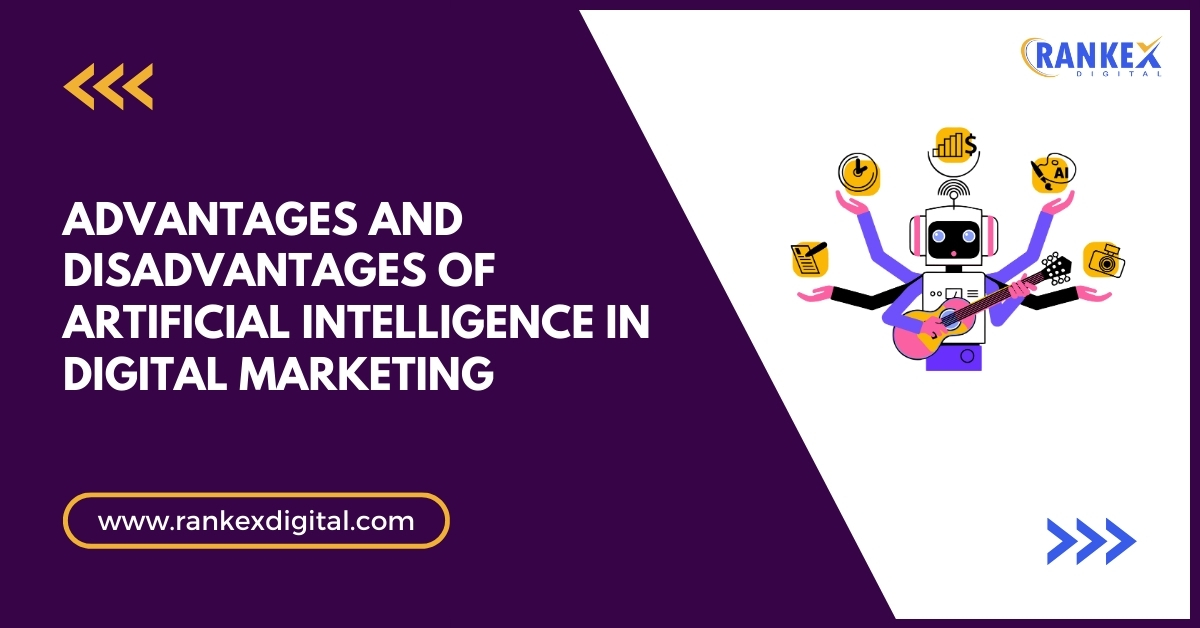In today’s digital-first world, having a strong online presence is crucial for businesses of all sizes. Whether you’re a small local shop or a global enterprise, being easily found on the web can make or break your success. This is where Search Engine Optimization (SEO) comes into play.
SEO is the process of improving your website to increase its visibility when people search for products or services related to your business on search engines like Google, Bing, and Yahoo. The higher your site ranks in search results, the more likely you are to attract attention, engage visitors, and convert them into customers.
But like any marketing strategy, SEO has its pros and cons. While it offers long-term benefits and a steady flow of traffic, it also requires patience and ongoing effort. In this blog, we’ll break down the advantages and disadvantages of SEO, helping you decide if it’s the right investment for your business.
Table of Contents
What is SEO?
SEO stands for Search Engine Optimization. It’s the art and science of optimizing your website so that it ranks higher on search engine results pages (SERPs). When someone searches for a keyword related to your business, you want your site to appear at the top of those results, because higher rankings mean more visibility and more traffic.
The process involves two main types of optimization: on-page SEO and off-page SEO.
- On-page SEO: On-page SEO focuses on improving elements within your website, such as keywords, meta descriptions, headings, and content structure. This ensures that your site is relevant to the search queries users are typing into search engines.
- Off-page SEO: Off-page SEO deals with factors outside your website, like backlinks from other reputable sites. These links act as votes of confidence for your website, showing search engines that your content is valuable and trustworthy.
In simple terms, SEO helps bridge the gap between your website and your potential customers by making sure your site is visible when they search for related products or services.
It’s an ongoing, dynamic process that requires consistent effort, but when done correctly, it can dramatically boost your website’s traffic and credibility.
Advantages and Disadvantages of SEO
Before diving into the advantages and disadvantages of SEO, it’s important to understand why this strategy plays a critical role in digital marketing. SEO helps businesses attract more organic traffic by improving their website’s visibility in search engines.
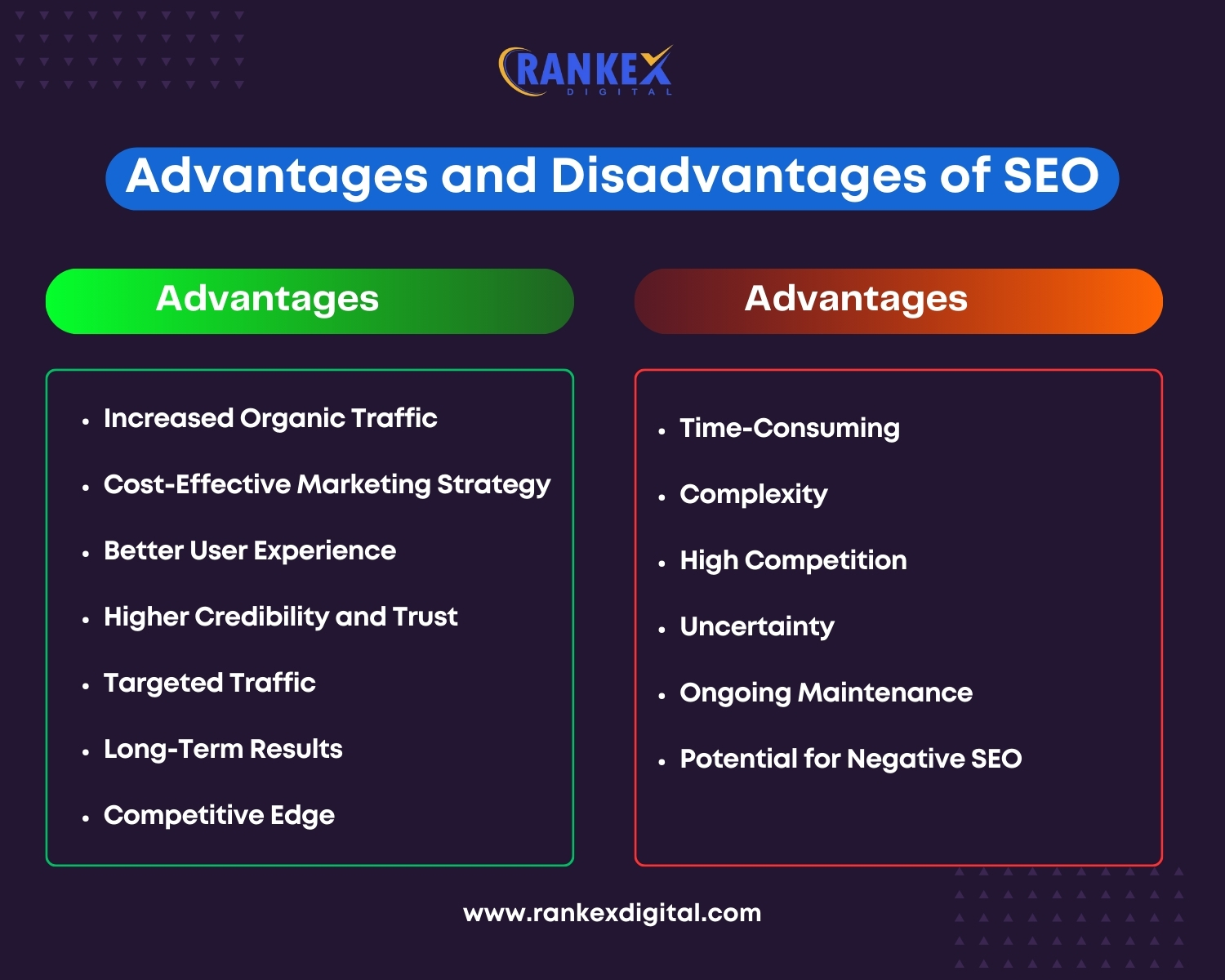
Unlike paid advertising, which brings instant results but requires ongoing investment, SEO is a long-term approach that focuses on sustainable growth.
However, like any strategy, SEO has its strengths and limitations. Knowing both sides will help you decide whether it’s the right move for your business.
Advantages of Search Engine Optimization
Increased Organic Traffic
Imagine having a store on a busy street where thousands of people pass by every day. SEO is like placing your store in the perfect spot where the most customers can find you. When your website ranks high on search engines like Google, it attracts visitors who are actively looking for the products or services you offer.
These are not just random visitors; they are people who are already interested in what you’re selling. This means more foot traffic to your site without paying for each visitor, unlike ads where every click costs you.
Cost-Effective Marketing Strategy
Think of SEO as planting a tree. It takes time to grow, but once it does, it bears fruit year after year. Yes, there’s an initial investment in time and resources, but the returns are long-lasting.
Once your site starts ranking well, it continues to bring in traffic without the need for continuous spending. This makes SEO one of the most cost-effective marketing strategies out there, especially for small businesses that need to make every dollar count.
Better User Experience
Ever visited a website that was slow, hard to navigate, or just plain frustrating? SEO forces you to fix these issues because Google rewards sites that offer a good user experience. By optimizing your site for SEO, you’re also making it faster, easier to navigate, and more user-friendly.
This not only helps with your rankings but also makes visitors more likely to stay on your site, explore your offerings, and eventually become customers.
Higher Credibility and Trust
When was the last time you clicked on the second page of Google search results? If you’re like most people, probably never. Ranking on the first page, especially in the top positions, signals to users that you’re an authority in your field.
It’s like being recommended by a trusted friend. Over time, this builds credibility and trust with your audience, making them more likely to choose your business over a competitor.
Targeted Traffic
SEO allows you to attract visitors who are already interested in what you offer. It’s like having a billboard that only appears in front of people who are looking for exactly what you sell.
By optimizing for specific keywords related to your business, you ensure that your website appears when potential customers are searching for those exact terms. This means the traffic you get is not just higher in volume but also higher in quality. Many SaaS companies work with specialised SEO agencies for SaaS to maximise these results and stay ahead of the competition.
Long-Term Results
Imagine setting up a sales booth at a fair that runs indefinitely. Once you’re established and people know where to find you, you don’t have to put in as much effort to keep the traffic coming. That’s what SEO does for your website.
While it takes time to build up your rankings, once you’re there, the results are long-lasting. Unlike paid ads, which stop delivering results as soon as you stop paying, SEO can keep driving traffic and leads long after the initial work is done.
Competitive Edge
In today’s crowded online marketplace, standing out from the competition is more important than ever. A strong SEO strategy gives you an edge by helping you outrank competitors in search results.
This means more visibility for your business, more customers, and ultimately, more sales. Even if your competitors are already doing SEO, doing it better can help you leapfrog them in the rankings.
Disadvantages of Search Engine Optimization
Time-Consuming
SEO is not a quick fix; it’s more like a marathon than a sprint. If you’re expecting overnight results, SEO might not be for you. It takes time to research the right keywords, optimize your website, and build quality backlinks. And even then, it can take months before you start to see significant results. This can be frustrating for businesses looking for immediate returns, but for those who are patient, the rewards can be well worth the wait.
Complexity
SEO isn’t as simple as throwing some keywords into your website and hoping for the best. It’s a complex field that requires a deep understanding of how search engines work, from algorithm updates to the intricacies of on-page and off-page optimization.
It’s easy to make mistakes, and even a small error can cost you in rankings. For many businesses, the complexity of SEO means they need to hire experts or agencies like Rankex Digital to navigate the landscape effectively.
High Competition
If you’re in a highly competitive industry, ranking on the first page of Google can feel like trying to win a gold medal at the Olympics. The competition is fierce, and established companies with larger budgets often dominate the top spots. This means you need to be strategic and persistent in your SEO efforts, and even then, success is not guaranteed. It’s important to be realistic about the challenges you might face, especially if you’re a smaller player in a big market.
Uncertainty
SEO can sometimes feel like you’re playing a game where the rules are constantly changing. Search engines like Google frequently update their algorithms, and what works today might not work tomorrow. This uncertainty means that even the best SEO strategies need to be flexible and adaptable. There’s no guarantee of success, and rankings can fluctuate for reasons beyond your control, making it a bit of a gamble.
Ongoing Maintenance
SEO is not a one-and-done deal. It’s more like taking care of a garden—you need to keep tending to it to ensure it continues to thrive. This means regularly updating your content, building new links, and staying on top of the latest SEO trends and algorithm changes. For businesses without the time or resources to dedicate to ongoing maintenance, this can be a significant drawback.
Potential for Negative SEO
In a perfect world, everyone would play fair, but the reality is that some competitors might resort to unethical tactics to bring you down. Negative SEO includes things like creating spammy backlinks to your site, duplicating your content, or even launching cyber-attacks to harm your site’s performance. While this is relatively rare, it’s something to be aware of, especially in highly competitive industries.
SEO is a powerful tool with the potential to transform your online presence, but it’s not without its challenges. If you’re looking to reap the benefits of SEO while avoiding its pitfalls, partnering with an experienced agency like Rankex Digital Marketing Agency can make all the difference. We specialize in creating customized SEO strategies that are tailored to your business needs, ensuring that you see real, measurable results.
Also check: Top 20 Advantages and Disadvantages of Social Media.
Conclusion
SEO offers numerous advantages, from increased organic traffic to higher credibility and long-term results. However, it also comes with challenges like time consumption, complexity, and ongoing maintenance. Whether or not SEO is right for your business depends on your specific needs, goals, and resources.
Ready to harness the power of SEO?
At Rankex Digital Marketing Agency, we specialize in creating customized SEO strategies that deliver results. Let us help you achieve your business goals with our expert SEO services. Contact us today for a consultation!
Frequently Asked Questions
Q1: How long does it take to see results from SEO?
A: SEO is a long-term strategy, and it typically takes 3-6 months to start seeing significant results. The timeline can vary depending on factors like competition, industry, and the current state of your website.
Q2: Is SEO better than PPC?
A: Both SEO and PPC have their own advantages. SEO is cost-effective in the long run and provides sustained results, while PPC delivers immediate traffic but requires ongoing investment. The best strategy often involves a combination of both.
Q3: Can SEO guarantee a #1 ranking on Google?
A: No, SEO cannot guarantee a #1 ranking due to the constantly changing algorithms and the competitive nature of search engine results. However, a well-executed SEO strategy can significantly improve your chances of ranking highly.
Q4: How do I know if my business needs SEO?
A: If your business relies on online traffic, generating leads through organic search, and building long-term brand credibility, then SEO is essential. It’s especially important for businesses in competitive industries.
Q5: What makes Rankex Digital different from other SEO agencies?
A: Rankex Digital stands out for its customized approach, focusing on your unique business needs and goals. We combine expert knowledge with cutting-edge tools to deliver SEO strategies that drive results. Our commitment to transparency and client success ensures that you get the most out of your investment.
By integrating SEO into your digital marketing strategy, you can unlock the full potential of your business online. Trust Rankex Digital Marketing Agency to guide you through the complexities of SEO and achieve the results you deserve.

